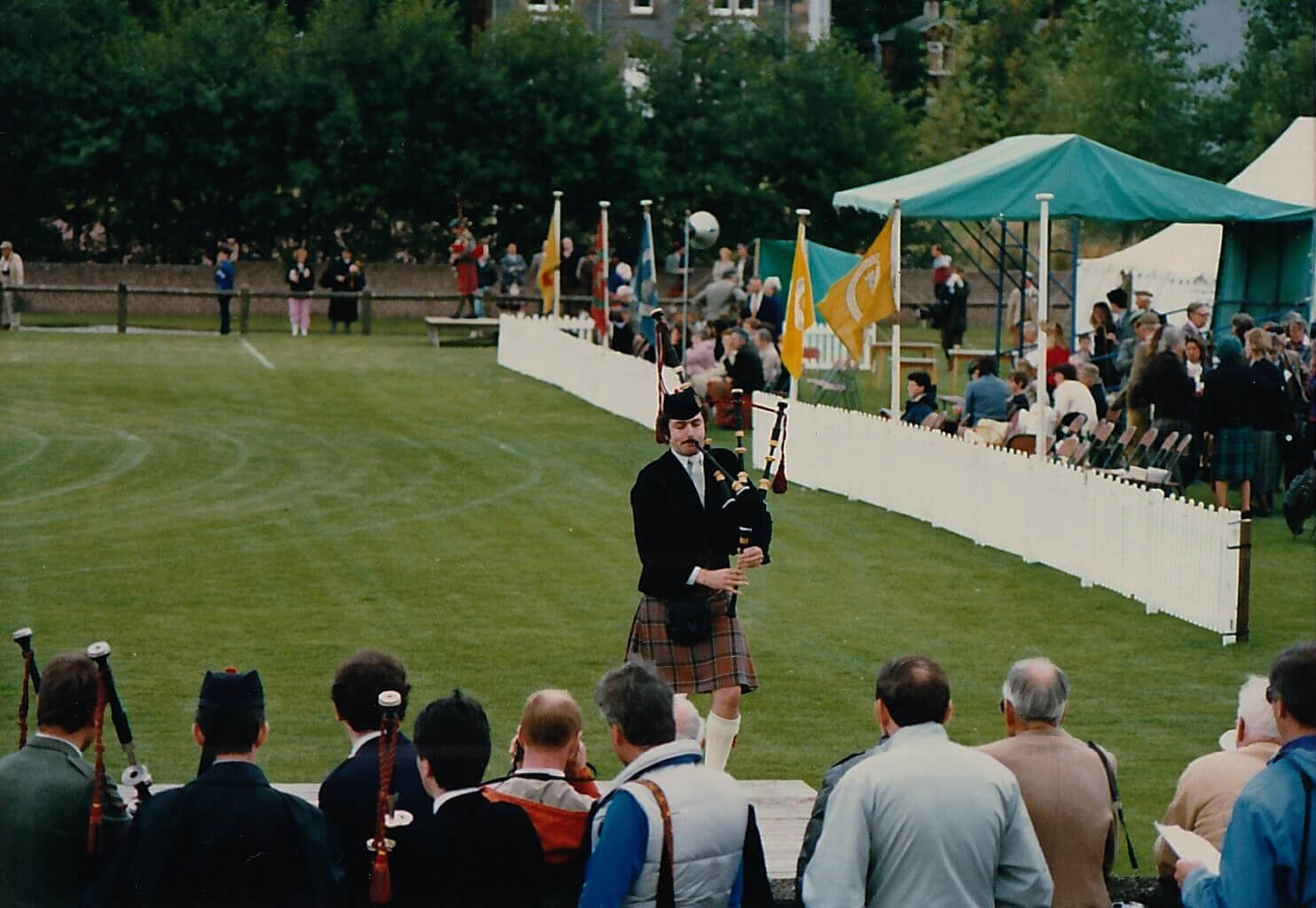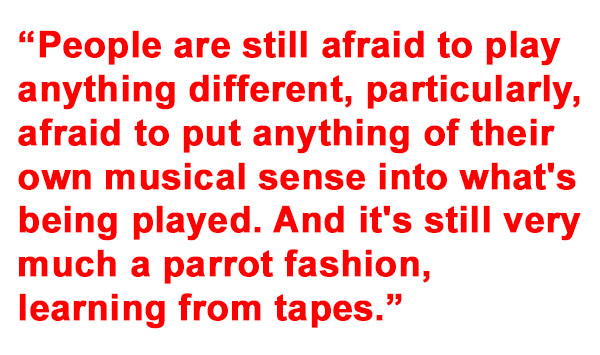Dr. Angus MacDonald: the pipes|drums Interview – Part 2
into the social scene. It’s very much a competition music yet, and has become a bit sterile because of that. It’s become etched in stone. But the evidence is there for it having changed since the time of Joseph Macdonald, through Donald MacDonald, to Angus MacKay, to the Piobaireachd Society. But I don’t think we should be decrying the Piobaireachd Society because of what they did. They’ve preserved a lot of material that would have been lost.

p|d: Especially in the last 10 years or so, the leadership of the Piobaireachd Society seems to be very conscious of that, introducing new settings, asking them in competition trying to get them out there.
DAM: Absolutely, yeah. I mean, if you look at some of the Piobaireachd Society conferences in the past and musicologists like Peter Cooke and [Roderick] Cannon trying to explain what’s happened and what’s changed in piobaireachd. That didn’t go down well in those days, 30 years ago with the Piobaireachd Society. But there’s a much more open mind now. And we are hearing different settings that we didn’t hear 20 years ago.
p|d: You were brought up in that Gaelic speaking household and you’re obviously fluent in Gaelic. Do you believe in the notion that having the Gaelic, as some people say, helps one’s piobaireachd interpretation or musicality?
DAM: You know, the first time I heard that was at the Glenfinnan Games. Every year Angus MacPherson of Invershin would come and judge, and he was near a hundred then. He’d stay a couple of nights locally. And I remember getting sent to him each year for an hour’s lesson with him, which would be in Gaelic. And he always said, you know, because I had the Gaelic I would be a proper piobaireachd player. But, no, I don’t think that that makes you a better piobaireachd player. But, what it was for us is that we were in the Gaelic environment. My father was a Gaelic singer and we would be singing songs that had connections with ceol mor, with piobaireachd, so we had that. You could hear the familiar phrases coming through singing and what to do with them, that we could hear in piobaireachd and it did help to make more sense of piobaireachd. Because that can be quite difficult with the way it’s written.
 p|d: What about piobaireachd playing today? It’s mainly, as you said, on the competition on the boards. What do you think of piobaireachd playing today?
p|d: What about piobaireachd playing today? It’s mainly, as you said, on the competition on the boards. What do you think of piobaireachd playing today?
DAM: It’s all been standardized into one tempo, for instance. Technically, it’s very good and the pipes are very good, but people are still afraid to play anything different, particularly, afraid to put anything of their own musical sense into what’s being played. And it’s still very much a parrot fashion, learning from tapes. At least we have the availability of recordings now, but people tend to copy exactly what they were taught and try to reproduce that.
p|d: We’ve talked about judging a little bit, and it looks like you’re going to be judging a bit more in the UK and elsewhere. Do you think your approach is to welcome personal interpretation and taking risks?

NO COMMENTS YET